Rainforests & Rainfall
Deforestation can lead to droughts hundreds of miles away.

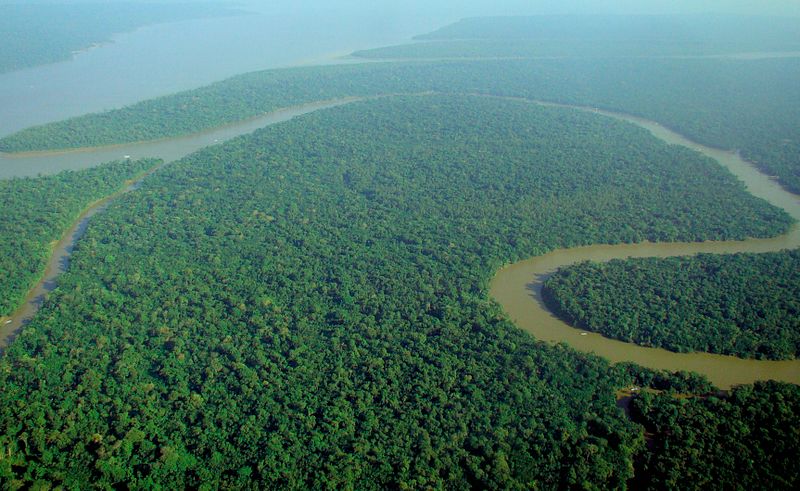

A protein in spinach packs a punch when it comes to converting solar energy into electricity.

Tigers in Nepal are adapting to the presence of humans by changing their daily routine.
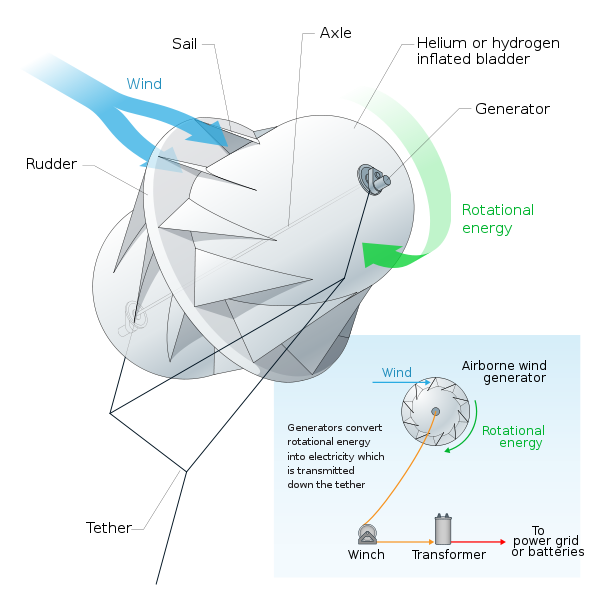
Airborne wind turbines have the potential to meet half of the world’s energy needs by 2030.
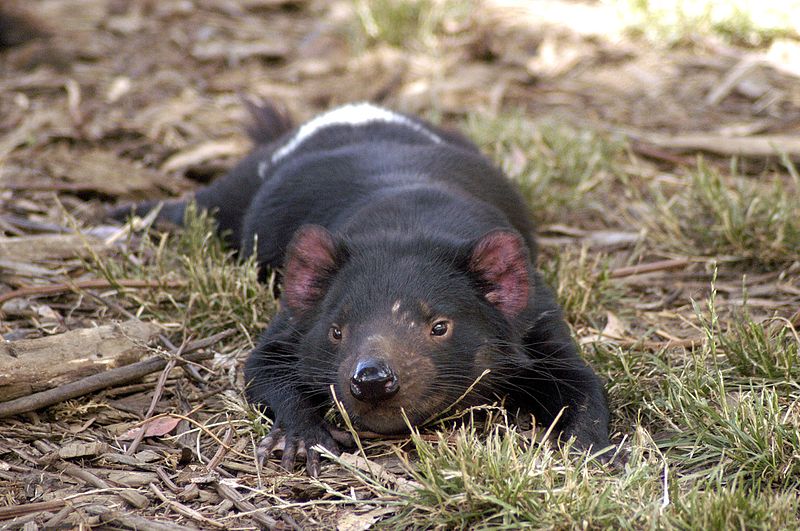
Tasmanian Devils may need to tone down their aggression to survive an epidemic.

Many obese people are metabolically fit and are at no greater risk of dying from cardiovascular disease or cancer than people of normal weight.
Populations of ocean bacteria have a few designated fighters, which release antibiotics that don't harm their own community.
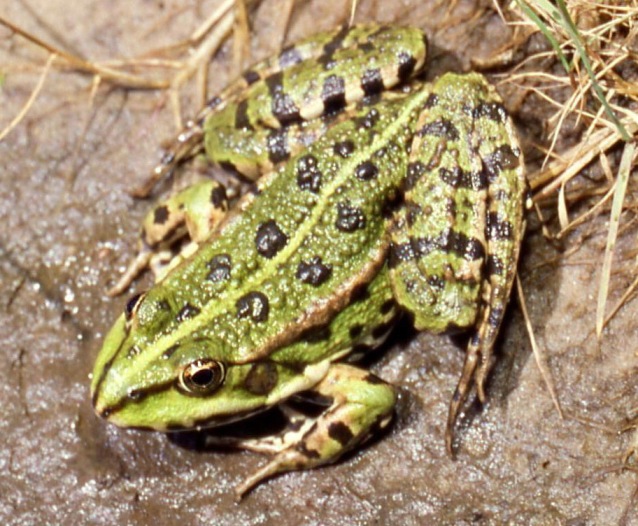
Researchers identify a gene that may influence women’s contentment with their lives.

Smoking marijuana regularly as a teenager may be associated with cognitive decline later in life.
Food science and conservation biology come together to fight oil spills using a common ingredient in chocolate and peanut butter.


Peacocks communicate with sounds that fall below the range of human hearing.
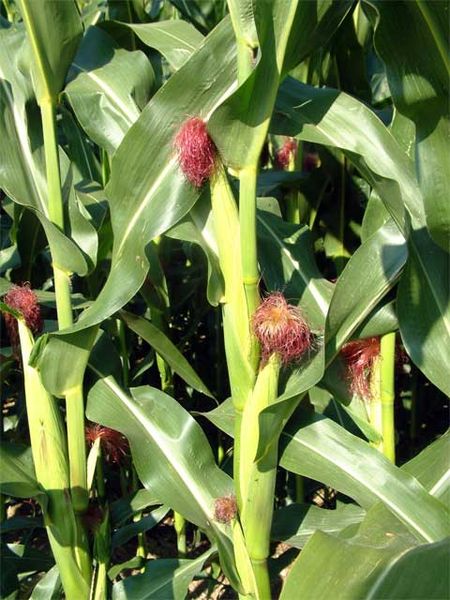
By manipulating how plants respond to the shorter days in the fall, researchers hope to get crops to produce fruit longer.

Chimps exhibit many human-like social behaviors, but punishing the crimes of others isn't one of them.
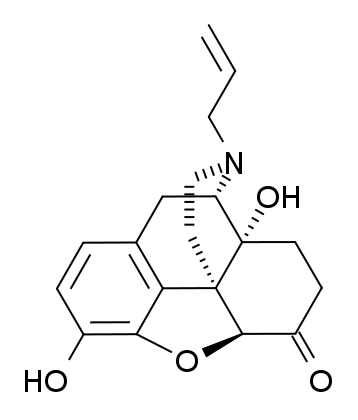
A drug called (+)-naloxone blocks the brain’s addiction to heroin and other opiates.
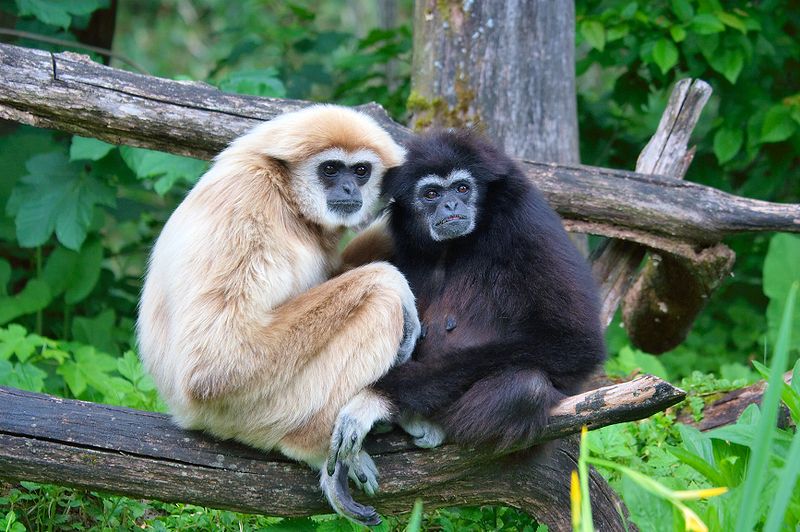
An experiment with helium shows that gibbons can manipulate their vocal tracts like expert opera singers.
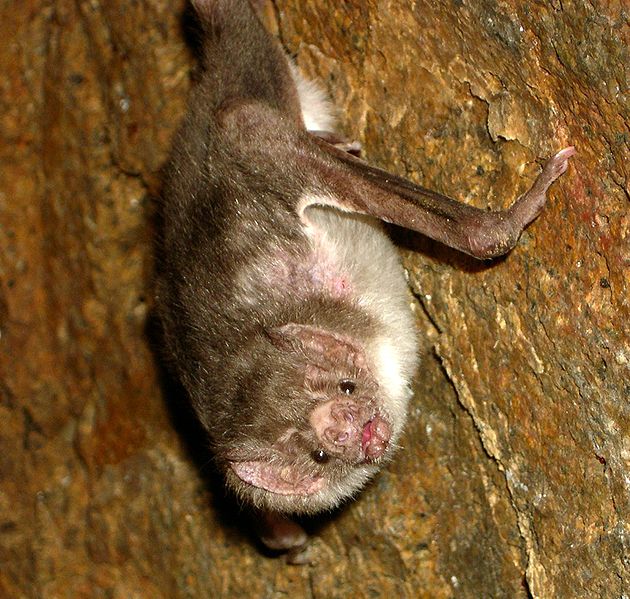
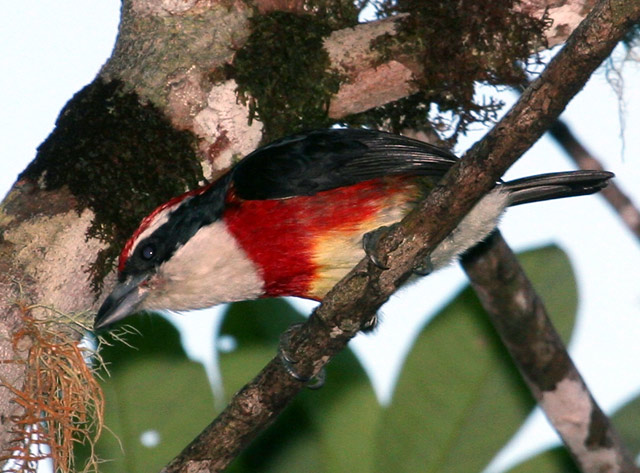
A strange looking tropical plant is helping researchers understand the life-cycle of the cell.


The Earth Microbiome Project is an unprecedented effort to study microbial communities around the world.

Quantum computing harnesses strange properties of atoms and particles and could revolutionize the computer age.

If you consume something too rapidly, you may enjoy it less than if you space out consumption.

